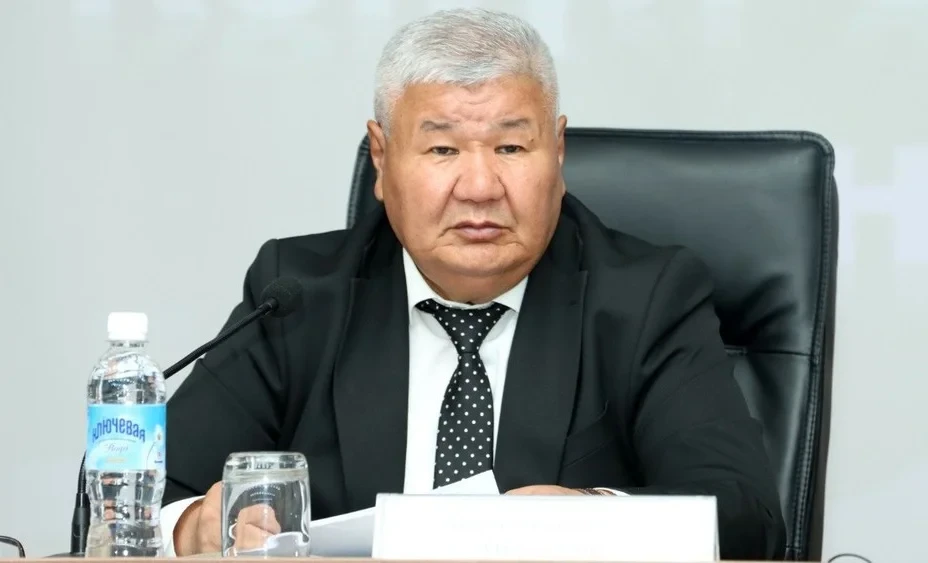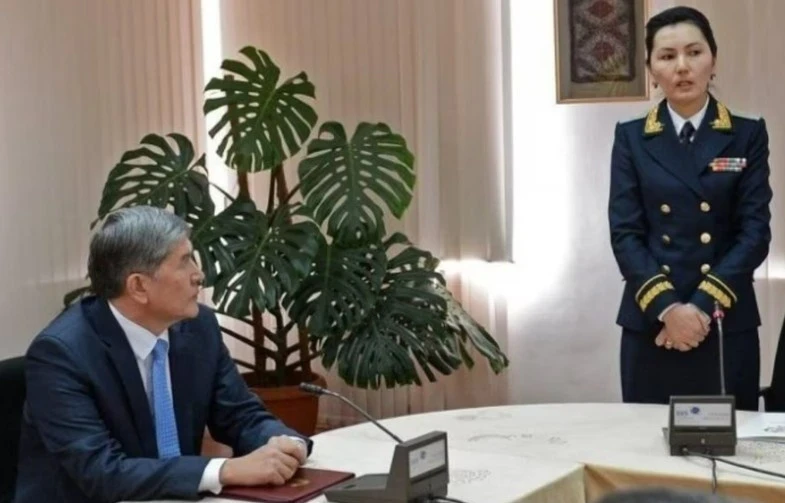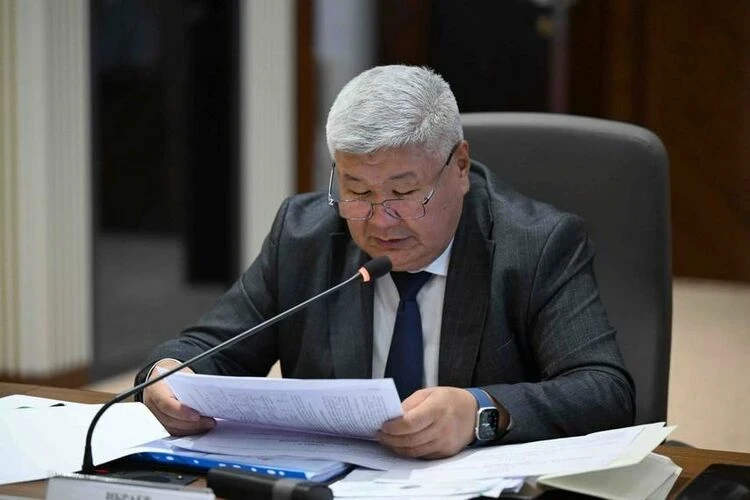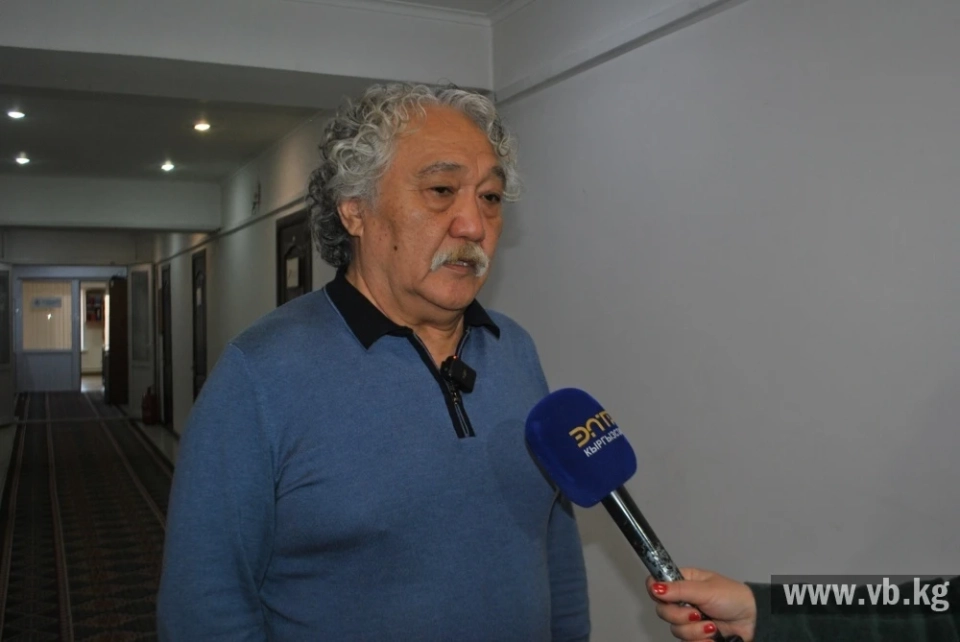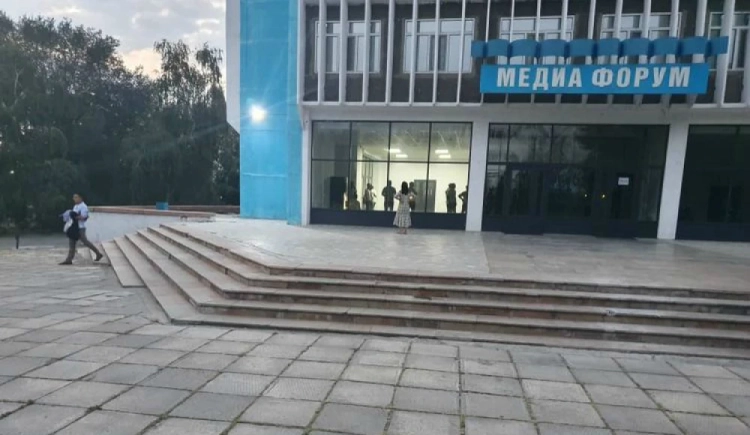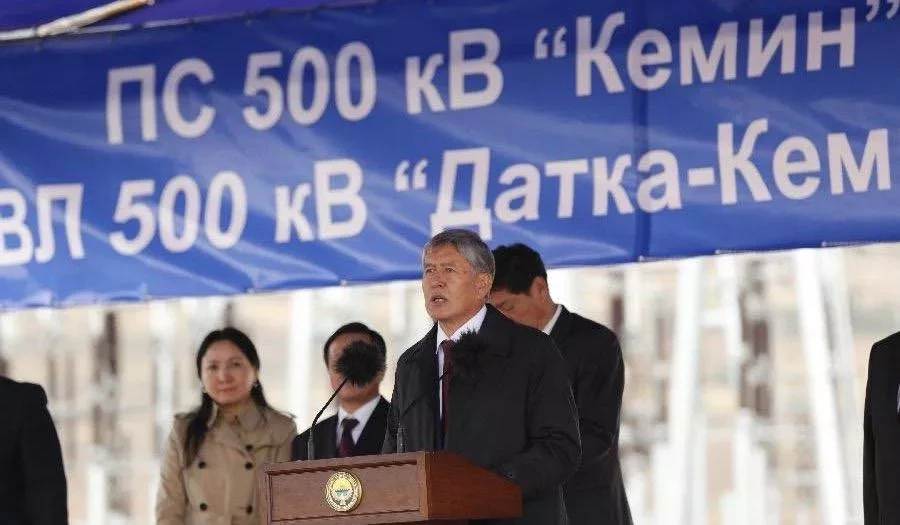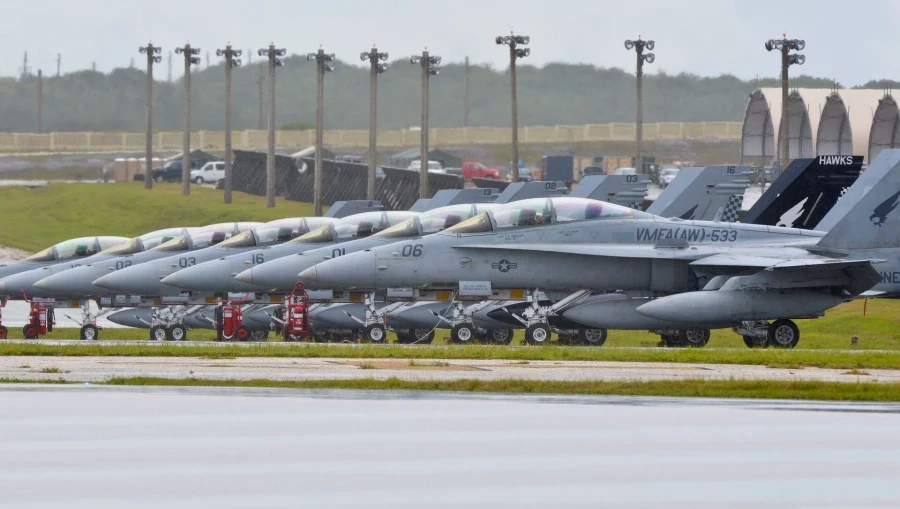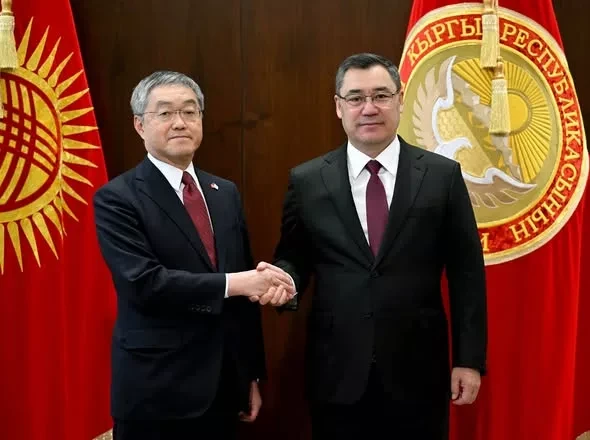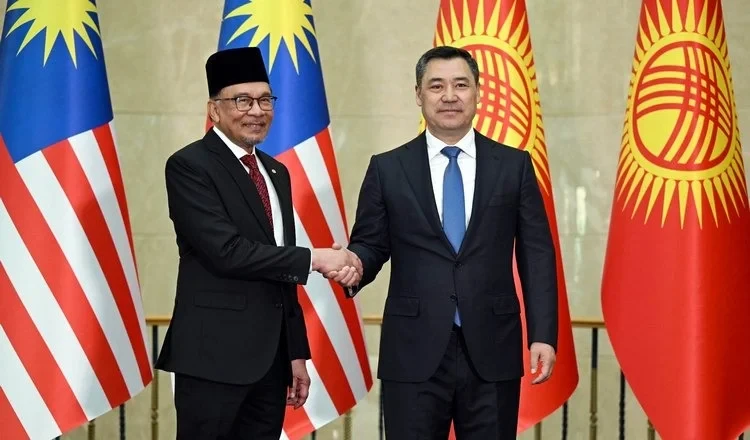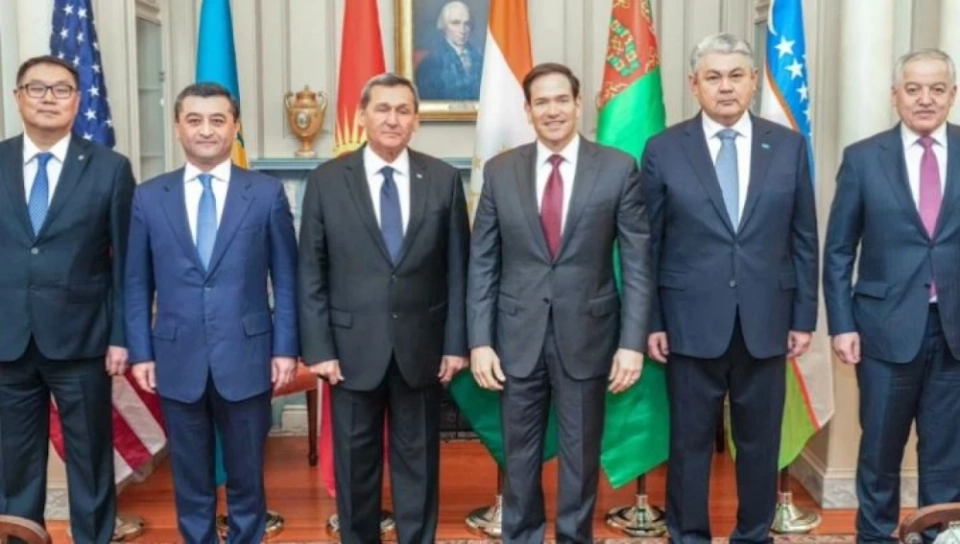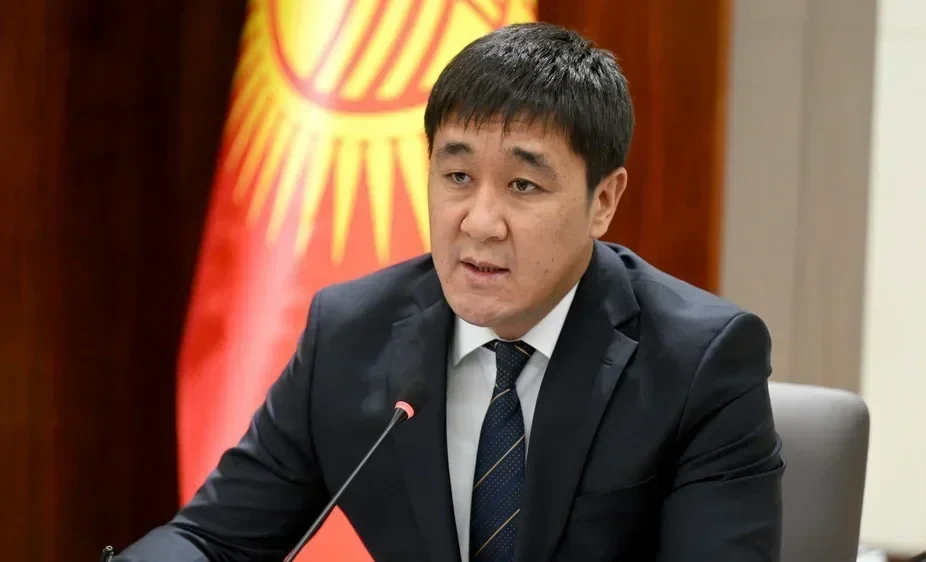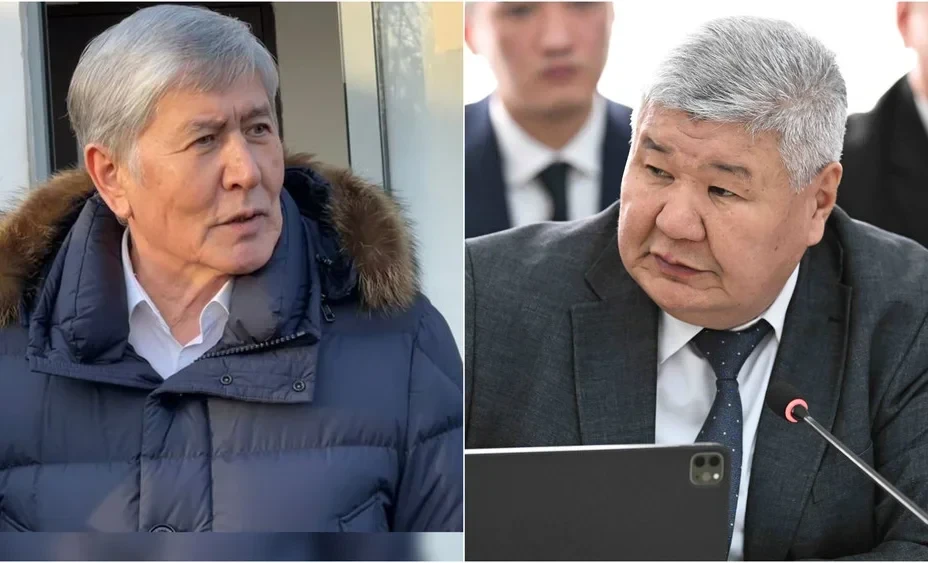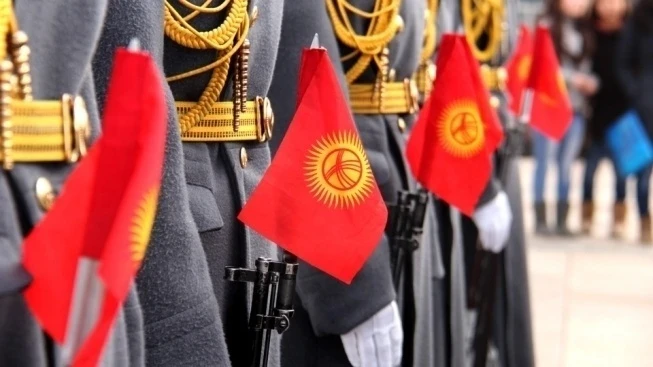
Since Almazbek Atambayev took office as President of Kyrgyzstan in 2011, the country required urgent measures to overcome the political instability that arose in the wake of revolutionary events. Foreign policy could have served as a tool for restoring trust both domestically and internationally; however, in practice, it became a stage for emotional decisions and sharp actions.
Unfortunately, Atambayev's diplomatic activities turned out to be bright but destructive. An emotional approach to international relations led to important strategic issues becoming victims of personal grievances. The crisis with Kazakhstan in 2017 was particularly acute, when sharp statements against the neighboring state resulted in border problems and economic damage. Ordinary citizens, such as drivers and migrants, became victims of this reckless policy.
The closure of the American transit center in "Manas" appeared to be a significant political victory, but Kyrgyzstan failed to seize this moment to become more independent among great powers. Instead of the supposed multi-vector approach, the country found itself dependent on individual external players. A lack of reforms in institutions and insufficient understanding of the economic situation led to Kyrgyzstan's entry into the EAEU being unprepared, and the country was not ready for the challenges of integration.
With Sadyr Japarov's arrival in 2021, a new era of foreign policy began. The new president adopted an approach based on dialogue and predictability, avoiding sharp attacks and emotional reactions. This sparked improvements in relations and progress in resolving border issues with neighboring countries.
One of the main achievements was the restoration of trust with Kazakhstan and Uzbekistan. Regional diplomacy shifted towards cooperation rather than conflict. A particularly important step was the resolution of the border issue with Uzbekistan, which had long remained unresolved. This decision opens new prospects for joint economic projects.
Resolving border disputes with Tajikistan was also challenging. Considering the tragic events of 2021–2022, Bishkek achieved partial consolidation of disputed territories, making the border safer and facilitating the work of intergovernmental commissions. Legal and technical fixation of the border began, which previously seemed impossible. This confirms the country's ability to address sensitive issues through diplomacy.
Infrastructure diplomacy has become an important direction of the new foreign policy. The national strategy includes the development of infrastructure for energy, logistics, and transport solutions. The long-discussed "China–Kyrgyzstan–Uzbekistan" railway project is now moving into the implementation phase. It will allow Kyrgyzstan to become a key transport hub in Central Asia.
The Kambarata HPP-1, implemented as a trilateral project between Kyrgyzstan, Uzbekistan, and Kazakhstan, is also a significant achievement. It demonstrates the possibility of regional unity and has the potential to change the energy balance in Central Asia, providing Kyrgyzstan with a reliable resource base.
At the same time, the construction of the "North–South" transport corridor is underway, which promotes the expansion of global transport connections and the development of logistics centers. This is forming a new economic architecture based on diplomacy and supported by the development of various sectors.
Comparing the foreign policies of the two presidents shows a stark contrast. Atambayev's emotional diplomacy led to conflicts and partial isolation, while Japarov's strategy is a moderate and pragmatic approach aimed at achieving sustainable results. This once again turns Kyrgyzstan into a reliable partner, opening new economic opportunities and fostering regional cooperation.
The main conclusion is that the country can only move forward through a well-thought-out strategy, avoiding aggression.
Author: Kimbilet Balikchaev


